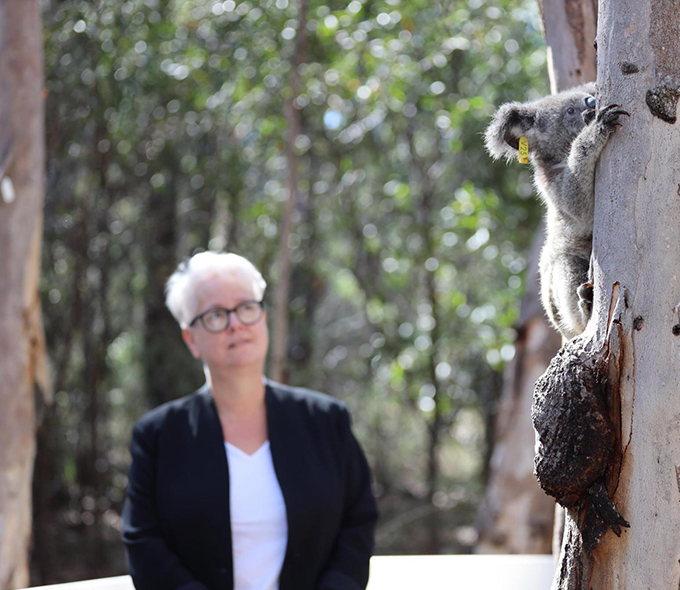New research suggests that skilled migrants face recruitment barriers, leading to a surplus of overqualified delivery and taxi drivers while necessary jobs remain unfilled.
Dr June Tran, Lecturer, Business
Topics: skilled migrants, human resources, employment, racism
“The Federal Government’s Migration Strategy aims to attract skilled professionals to fill essential positions where not enough local workers are available.
“Skilled migrants have very high participation rates in the workforce, helping to stimulate economic growth, which results in more jobs.
“However, many skilled migrants face barriers to gaining employment, even with an approved visa, residency in Australia, and rich overseas work experience to fill the advertised role.
“It then begs the question, are Australia’s recruitment processes discriminatory?
“Our research shows that skilled migrants who move to Australia and students who stay in Australia after study end up in jobs lower than their skill level due to barriers in the application process. These barriers include:
- recruiters setting unfair requirements for local work experience.
- recruiters only recognising local certificates or qualifications.
- applicants not understanding the application requirements in Australia (such as cover letters and addressing key selection criteria).
- bias toward applicants from Western countries with less experience, over people from Asian non-English-speaking countries.
“These skilled migrants we so desperately need end up taking jobs well below their skill level to support themselves and their families and to cope with the skilled migrant-unfriendly recruitment practices – which works against the point of the migration program.
“ABS data and existing research points out the consistently disappointing employment outcomes skilled migrants experience during the first five years after arrival in Australia.
“That is the time they must accept being underemployed or re-educated, just to accumulate the local qualifications and work experience to satisfy recruiters.
“While the Migration Strategy aims to address post-arrival support regarding accommodation, the above concerns are ignored.
“Government, industry and HR need to communicate about fairer recruitment practices for skilled migrants.
“These barriers to employment impact everyone as the jobs we so desperately need to fill, aren’t being filled, and instead we have an army of overqualified delivery and taxi drivers.”
Dr June Tran’s current research interests are in international HRM, focusing primarily on skilled migrant cross-border employment transition and adjustment.
Diversity climate: discrimination against skilled migrants in recruitment was published in the Asia Pacific Journal of Human Resources October 2023.








